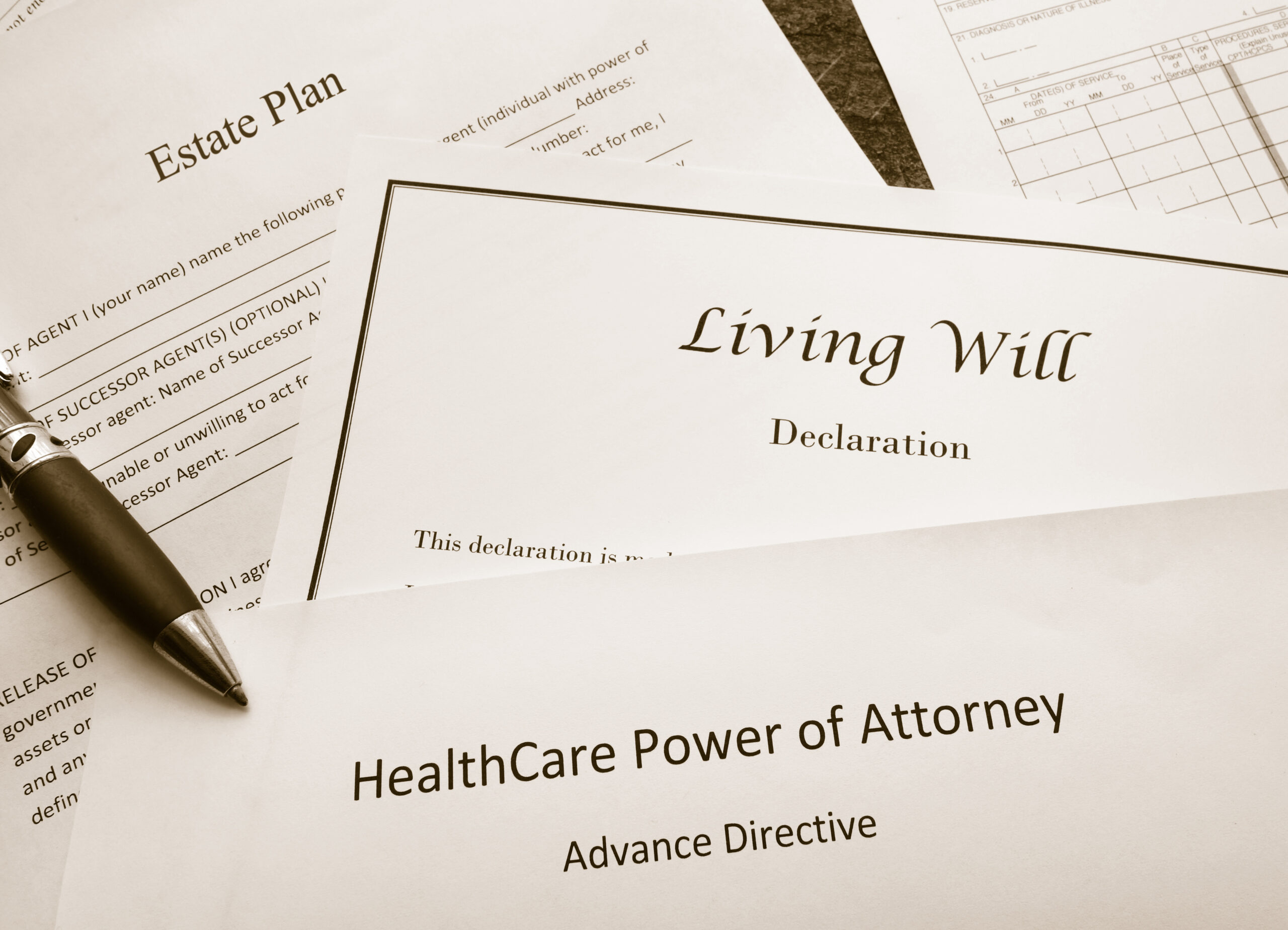 Just as your will sets out your wishes for the distribution of your assets after you die, you can ensure that your desires for emergency and end-of-life care are known and followed when you unable to speak for yourself. Living Wills and Healthcare Powers of Attorney are two means by which you can accomplish this goal.
Just as your will sets out your wishes for the distribution of your assets after you die, you can ensure that your desires for emergency and end-of-life care are known and followed when you unable to speak for yourself. Living Wills and Healthcare Powers of Attorney are two means by which you can accomplish this goal.
While, at first glance, these documents may seem interchangeable, they perform very different functions. Understanding the difference will help you make the right choice.
Applications of a Living Will
Also known as an advanced health directive, a living will is a document that outlines very specific circumstances in which medical procedures should be withheld.
This is most commonly used to detail when a person should be taken off life support, and in what situation a person who is unconscious or unresponsive should not receive a potentially life-saving surgery.
Living wills are only as useful as they are detailed; thus, while living wills can cover a variety of circumstances, they cannot cover unexpected events not outlined in the document.
Uses for Health Care Power of Attorney
A health care power of attorney, also called durable power of attorney, specifies an individual – usually a close family member or an attorney you trust – who will have authority to make decisions regarding your health care on your behalf if you cannot do so yourself.
This directive usually comes into play when you are incapacitated and there are choices to be made about your medical care. In that situation, the person designated as your attorney-in-fact in your healthcare power of attorney is authorized to make decisions for you.
Unlike a living will, a health care power of attorney can encompass a wide range of situations. It is more comprehensive than a living will, which only covers specific medical events. With a health care power of attorney, your attorney-in-fact can make all medical decisions on your behalf, until you are able to make those decisions for yourself again.
Should I Have One Or Both Of These Documents?
It is a good idea to execute both a living will and a healthcare power of attorney. A living will can take the onus off of your attorney-in-fact in deciding to withdraw life sustaining care, while a healthcare power of attorney ensures that someone can make decisions for you in unforeseen or changing circumstances.
If you have questions about your estate, and whether it could be vulnerable to disputes or misunderstandings, call our office to speak to an attorney. At Gaslowitz Frankel, we have nearly three decades of experience in resolving estate disputes and have learned the best ways to prevent conflict and disagreements.





